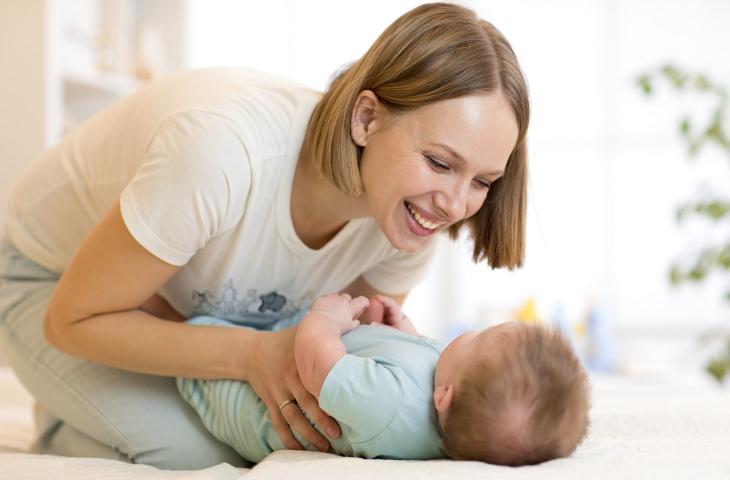MILAN – Each phase of a child's growth has its complexities and mums and dads are plagued by numerous doubts.
“Weaning – explains Dr Giuseppe Di Mauro, Family Paediatrician and member of the Sanpellegrino Observatory, Chairman of SIPPS, Società Italiana di Pediatria Preventiva e Sociale [Italian Society of Preventive and Social Paediatrics]– the period in which food other than milk are introduced for the first time – is one of those that generates the most doubts, representing a fundamental milestone in growth: it is precisely in this period that all of those good dietary habits should be introduced that will direct the child toward a healthy lifestyle even as an adult.”
Premature weaning
And yet, according to an American study published in the “Journal of the Academy of Nutrition and Dietetics” conducted on 1,482 American children between the ages of 6 and 36 months, it was found that for most American infants, weaning takes place prematurely.
Through the transversal analysis of the data taken from the National Health and Nutrition Survey 2009-2014, the study highlighted that 16.3% begin prior to completing the 4th month, 38.3% between 4 and 6 months and 32.5% between 6 and 7 months, whereas 12.9% begin weaning later, after 7 or more months of age.
Only 32.5% of the children begin to consume foods at the recommended time, which is around 6 months of age. This is a choice that has consequences, because introducing foods other than milk prematurely can cost the child the opportunity to assume some nutritious substances that are essential for growth.
Unaware Italian parents
“In Italy, there are also parents that underestimate the importance of beginning weaning at the right time – Dr Di Mauro continues – so there should be no rush. The golden time to introduce solid foods is around 6 months of life.” The paediatrician therefore plays a key role in identifying the most suitable time for each child and consequently making a recommendation to the parents.”
Children and water
On the other hand, when should you give children water? And what are the recommended quantities? “If the child is breastfed, normally there is no need for other integrations of liquids, as long as the mother breast feeds any time the child wants to.
Breastfeeding is preferred, but if it is not possible and the child is nourished with formula milk, in the absence of the mother's milk, mineral water is particularly suited for diluting powdered milk, in other words, water with low salt content.
Beginning from weaning, on the other hand, – explains Dr Alessandro Zanasi, expert from the Sanpellegrino Observatory and member of the International Stockholm Water Foundation – the child can be given water, preferably minimally mineralised water (fixed residue < 50 mg/l) and mineral water (fixed residue between 50 and 500 mg/l) with a content of nitrates ≤ 10 mg/l. Since this is a delicate stage of growth, the need for water of a small child's organism is proportionally seven times more than that of an adult”.
How much water to give to children
As for the quantities, after the sixth month (up to 3 years) 600 to 900 ml of water per day are recommended, always taking into consideration that the quantity and quality of the water consumed by the child depend, not only on age, but also on health and dietary conditions, as well as ambient temperature and humidity.
You must be attentive to any alarm bells which may indicate that the child is not adequately hydrated, since the child is unable to tell you.
“Drowsiness, dry mucous, sunken soft spot, dry diaper too frequently – Dr Zanasi concludes – are all signs that the parent should constantly monitor.”
by Alessandro Conte
March 21, 2018
credits: fotolia











